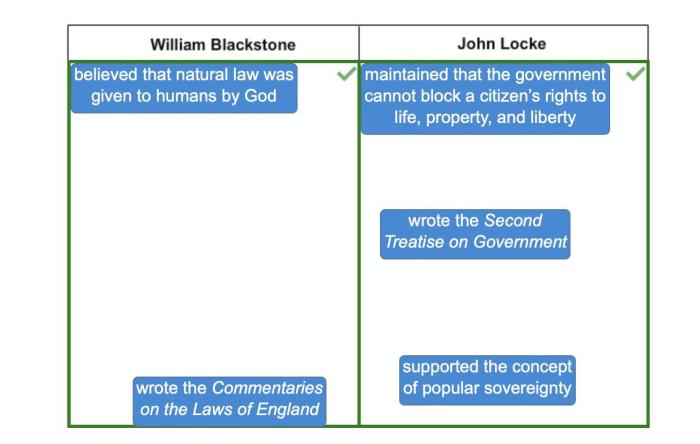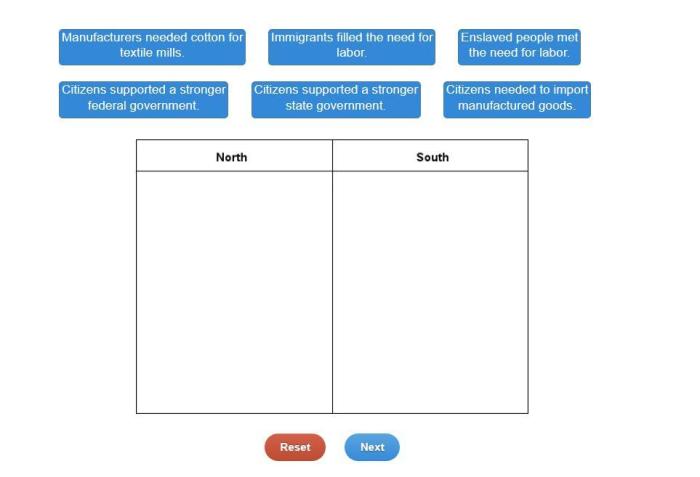Match the following characteristic to the type of accounting is a fundamental concept in the field of accounting, providing a framework for understanding the different types of accounting and their respective characteristics. This comprehensive guide delves into the various aspects of matching characteristics to accounting types, exploring the implications and real-world applications of this crucial process.
In the realm of accounting, accuracy, consistency, and timeliness are paramount, and matching these characteristics to the appropriate accounting type ensures the reliability and usefulness of accounting information. By delving into the intricacies of this process, we gain a deeper understanding of the role of accounting in decision-making and business planning.
Types of Accounting

Accounting is a diverse field with various specializations, each catering to specific user needs and purposes. The three primary types of accounting are:
- Financial accounting:Focuses on preparing financial statements for external users, such as investors, creditors, and regulatory bodies.
- Managerial accounting:Provides internal information to managers for planning, decision-making, and performance evaluation.
- Cost accounting:Tracks, analyzes, and allocates costs to determine the profitability of products, services, or departments.
Characteristics of Accounting

Accounting is characterized by several key attributes that ensure its reliability and usefulness. These characteristics include:
- Accuracy:Financial statements should accurately reflect the financial position and performance of an organization.
- Consistency:Accounting principles and methods should be applied consistently over time to allow for meaningful comparisons.
- Timeliness:Accounting information should be provided in a timely manner to facilitate decision-making.
- Transparency:Financial statements should be clear and understandable to users, providing a transparent view of an organization’s financial health.
Matching Characteristics to Accounting Types

| Type of Accounting | Accuracy | Consistency | Timeliness |
|---|---|---|---|
| Financial accounting | High | High | Moderate |
| Managerial accounting | Moderate | Moderate | High |
| Cost accounting | High | High | Moderate |
The table above illustrates how the characteristics of accounting are matched to the different types of accounting. Financial accounting places a high emphasis on accuracy and consistency, as its information is used by external stakeholders for decision-making. Managerial accounting emphasizes timeliness, as it provides information for internal decision-making and planning.
Cost accounting requires both accuracy and consistency to ensure the accurate allocation of costs.
Implications of Matching Characteristics

Matching characteristics to accounting types has several implications:
- Accuracy:Ensuring accuracy in financial accounting is crucial for reliable financial statements. In contrast, managerial accounting may allow for some flexibility in accuracy to meet the specific needs of management.
- Consistency:Consistency in accounting methods allows for meaningful comparisons over time and across different organizations. It enhances the reliability and comparability of financial information.
- Timeliness:Timely information in managerial accounting is essential for effective decision-making. Financial accounting, however, may have to balance timeliness with the need for thorough review and audit.
Real-World Examples: Match The Following Characteristic To The Type Of Accounting
Matching characteristics to accounting types has real-world implications for decision-making and business planning. For instance:
- Financial accounting:Investors rely on accurate and consistent financial statements to make informed investment decisions. Timely information may not be as critical for external users as accuracy and reliability.
- Managerial accounting:Managers use timely information from cost accounting to optimize production processes, reduce costs, and enhance profitability. Accuracy and consistency are less important in this context.
- Cost accounting:Accurate cost allocation is crucial for determining product profitability and making informed pricing decisions. Consistency is also important to ensure fair comparisons over time.
Commonly Asked Questions
What are the key characteristics of accounting?
Accuracy, consistency, and timeliness are the key characteristics of accounting.
How does matching characteristics to accounting types impact decision-making?
Matching characteristics to accounting types ensures the accuracy, reliability, and usefulness of accounting information, which is crucial for informed decision-making.
